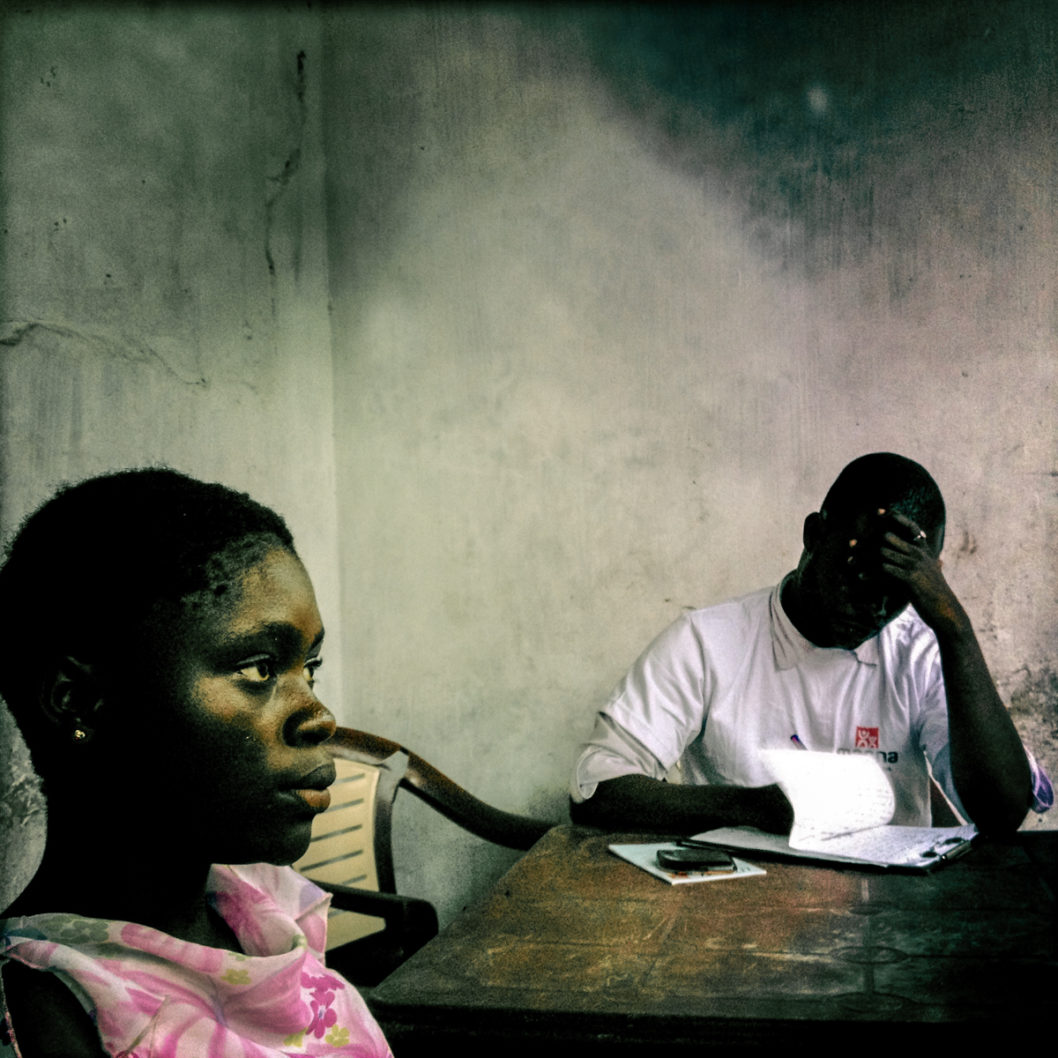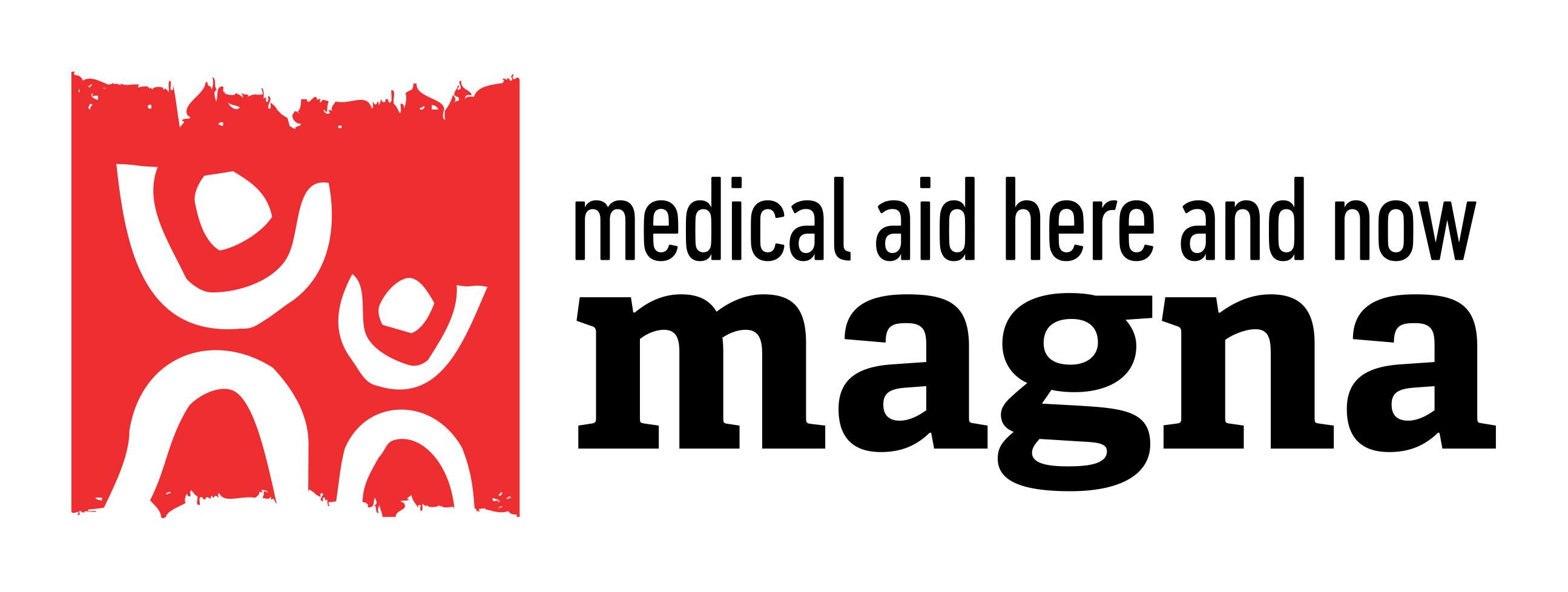Medical activities
Mental health
Mental illness is one of the biggest invisible burdens on society.
People who have survived terrifying events such as natural disasters or armed conflicts face severe psychological consequences. Depression and anxiety paralyze them at the moment when they have to take steps to save their own family.
Mental health care is also part of our programs in the field of HIV/AIDS, nutrition, sexual violence and in the event of epidemics and natural disasters.
Mental illness is one of the biggest invisible burdens on society. Worldwide, they represent 4 of the 10 most common causes of health problems. In extraordinary events, the number of people with mental disorders can double from 10% to 20%.

Psychological help leads to the alleviation of symptoms and helps people to return to everyday life.
Traumatic events, such as becoming a victim or a witness to violence, the death of loved ones or the destruction of one’s livelihood, can cause intense fear, terror and most likely negatively affect a person’s mental state. MAGNA provides early psychosocial support to trauma victims to reduce the possibility of developing long-term psychological problems. Psychosocial care focuses on supporting communities to develop their own strategies to deal with trauma. Counselors help groups talk about their experiences and process their feelings so that the general level of stress is reduced. This approach positively affects mutual support and allows the community to rebuild itself based on cultural values and regain control of the situation as soon as possible. This process is accompanied by individual counseling and psychiatric care for those who need it.
Psychosocial support
If a person develops a mental health disorder such as anxiety, depression or post-traumatic stress disorder that is beyond their ability to cope with, specialist care through group or individual consultations is required. Our teams work in countries with inadequate health systems, including mental health. Support can be provided by people trained in counseling techniques, or psychologists or psychiatrists.
People living with HIV
We explain how stress negatively affects physical and mental health. We ensure that people receive appropriate psychological and emotional support and that they feel comfortable and safe in the care of our specialists. We teach people to work with their emotional and mental well-being and to cope with stress. We implement and develop new models of mental health support and psychosocial services for patients with HIV/AIDS.
People with a life-threatening disease such as HIV are always shocked and upset by the discovery of their disease and the resulting physical and psychological consequences. Other chronic conditions may have symptoms related to depression or another psychological problem. Our teams provide counseling to people diagnosed with a serious illness and monitor patients’ mental health during treatment. Mental health care is an integral part of MAGNA’s HIV/AIDS care programs. All patients receiving AVR treatment at MAGNA clinics and hospitals have access to psychosocial support.
Mothers and their malnourished children
In therapy centers and complementary feeding centers, volunteers are trained not only to focus on malnourished children, but also to look for emotional trauma in mothers. The most obvious symptoms are in mothers who are not interested in their children, do not report to them and do not seek contact with them even during feeding.
Liečime vďaka Vám
Viac o duševnom zdraví v našich projektoch
Prečítajte si najnovšie články o našich zdravotných aktivitách.
